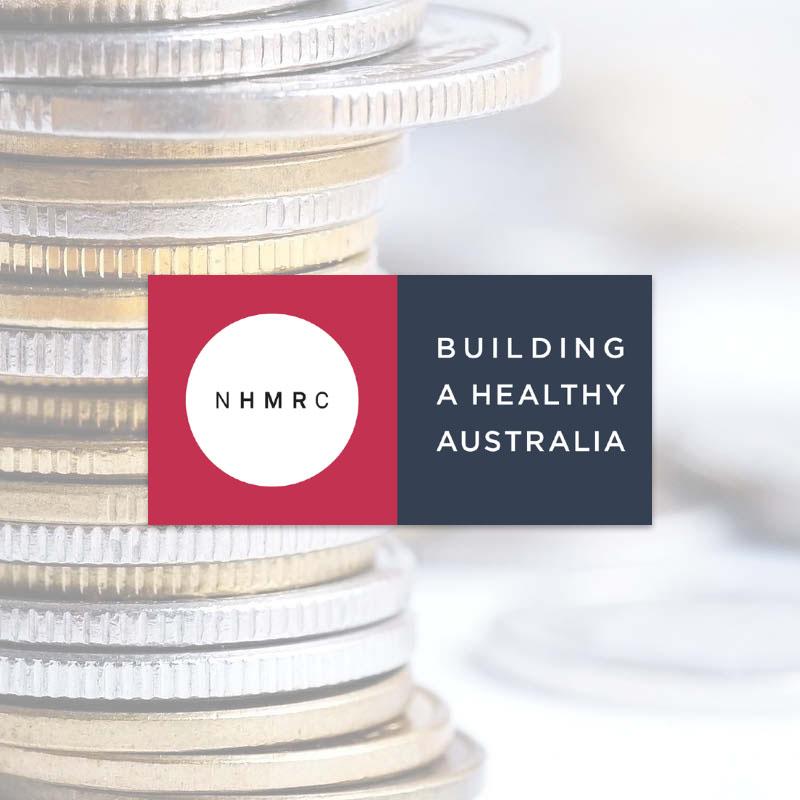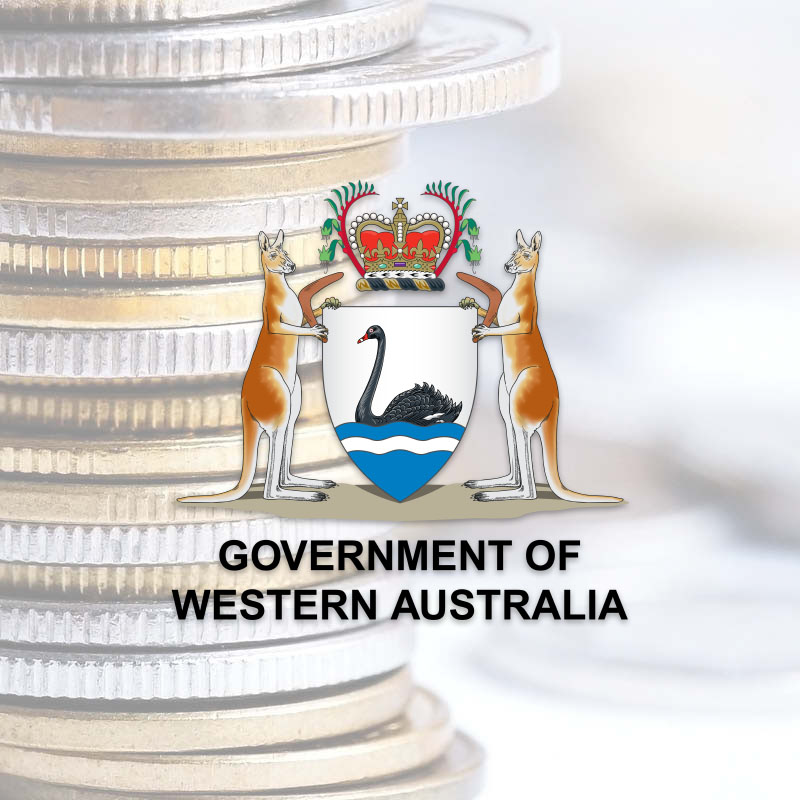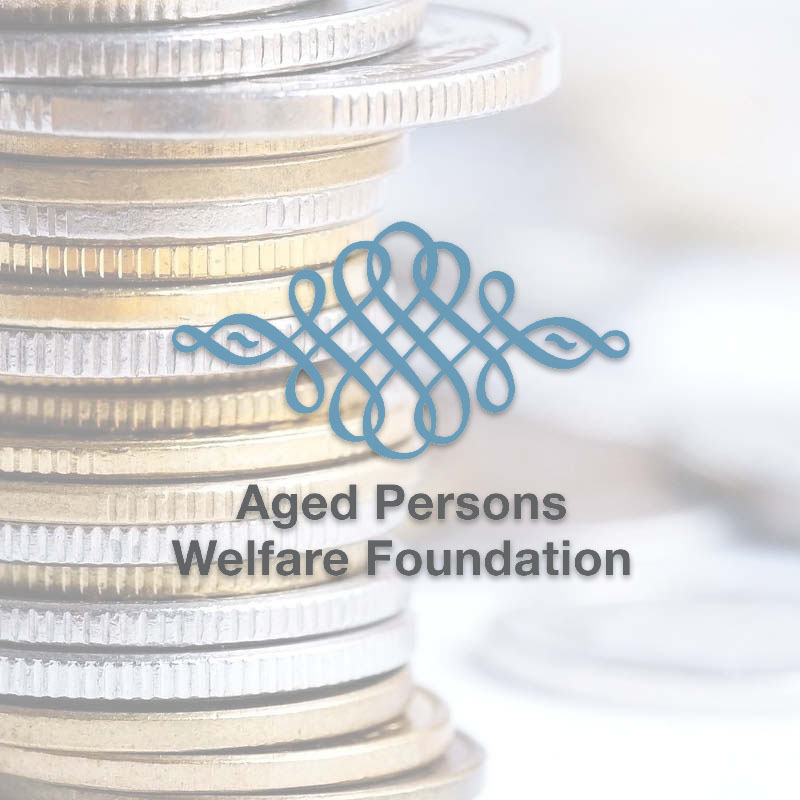Matana Foundation for Young People
The word ‘matana’ means ‘gift’ in Hebrew.
Established in 2003, Matana Foundation hopes to address pressing issues of youth disadvantage:
– the unemployment rate of 15 – 24 year olds is almost double that of the rate in the general population; 42% of young people leaving state or foster care are unemployed one year later;
– young people aged 12 – 24 make up an estimated 36% of all homeless people.
Their Funding Priorities
Matana’s focus is on improving the welfare and wellbeing of young people from severely disadvantaged or marginalised backgrounds, or whose concerns and issues are not readily funded from other sources.
Recognising that disadvantage takes many forms, they prioritise projects and organisations that address the causes of youth disadvantage by:
– Providing programs primarily targeting school retention and increased education achievement for students who are at risk of dropping out of school or who have already dropped out. The focus is on early identification, customised learning and mentoring.
– Providing programs that target employment skills development, employment and career pathways and transitions into employment.
– Providing programs that target social and community connectedness, personal significance and social and emotional outcomes.
– Providing services in geographical areas across Australia where funding is difficult to source.
Eligibility
Matana can only make grants to organisations that hold the following ATO endorsements:
– Deductible Gift Recipient (DGR) – Item 1
– Tax Concession Charity (TCC)
– Evidence of endorsements is required at the point of application. If your organisation does not have Item 1 DGR and TCC status, unfortunately we will not be able to consider your application.
The Matana Foundation will not consider applications that request funding for:
– Operating costs including salaries and administration costs, unless such costs are part of an otherwise eligible project
– Capital and building expenditure including equipment, vehicles, travel, furniture, books and conferences, unless such costs are part of an otherwise eligible project
– Retrospective funding or budget deficits
– Fundraising events and campaigns
– Medical programs or research
– Religious activities, where the applicant project involves religious instruction.





